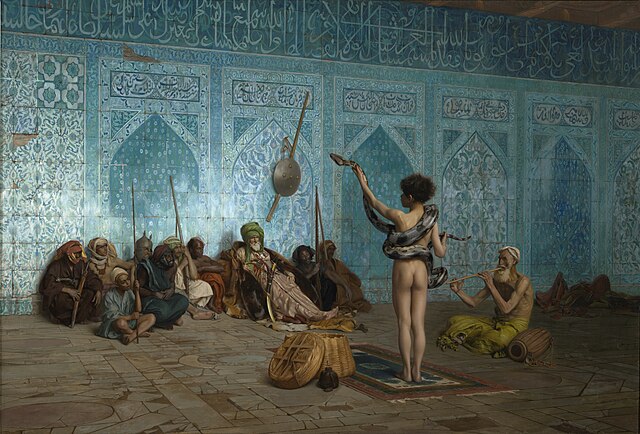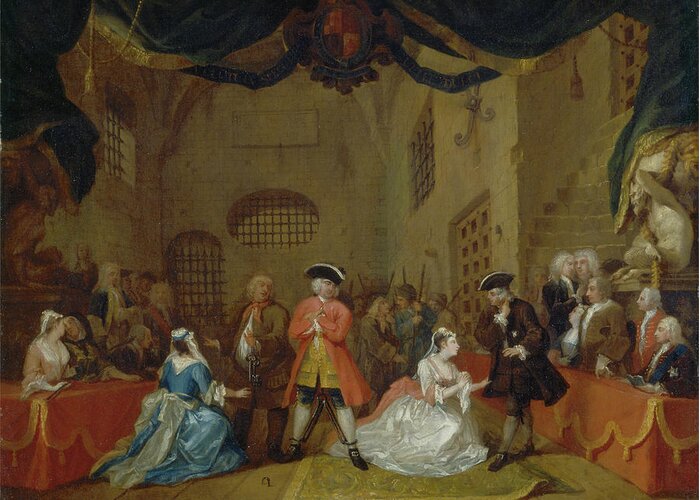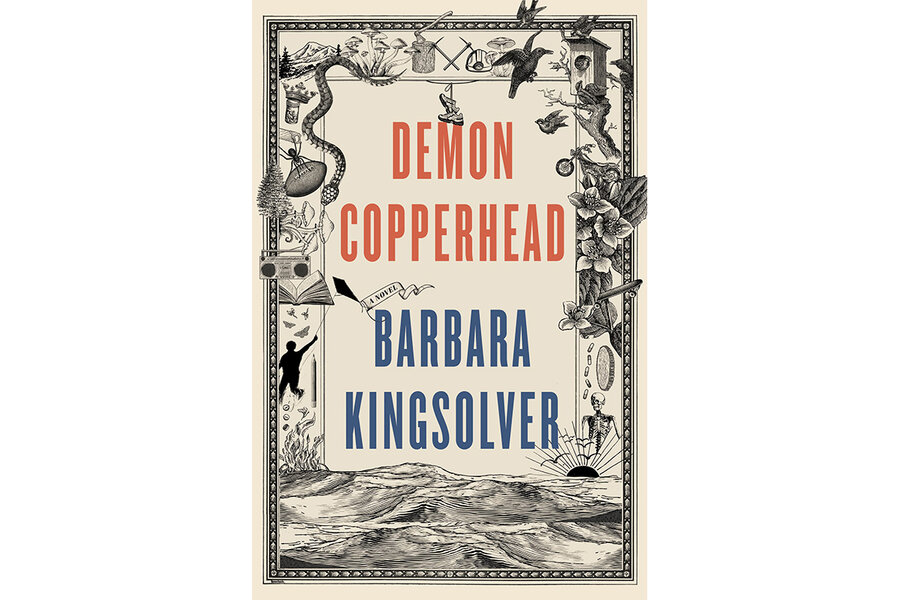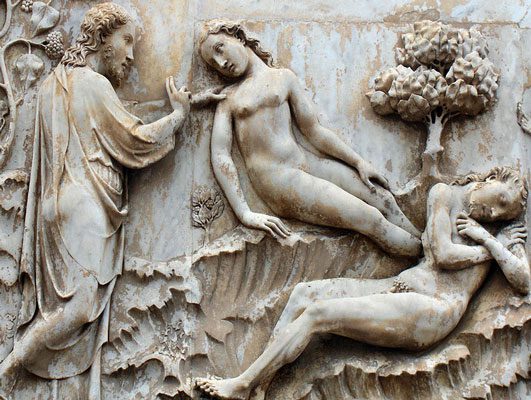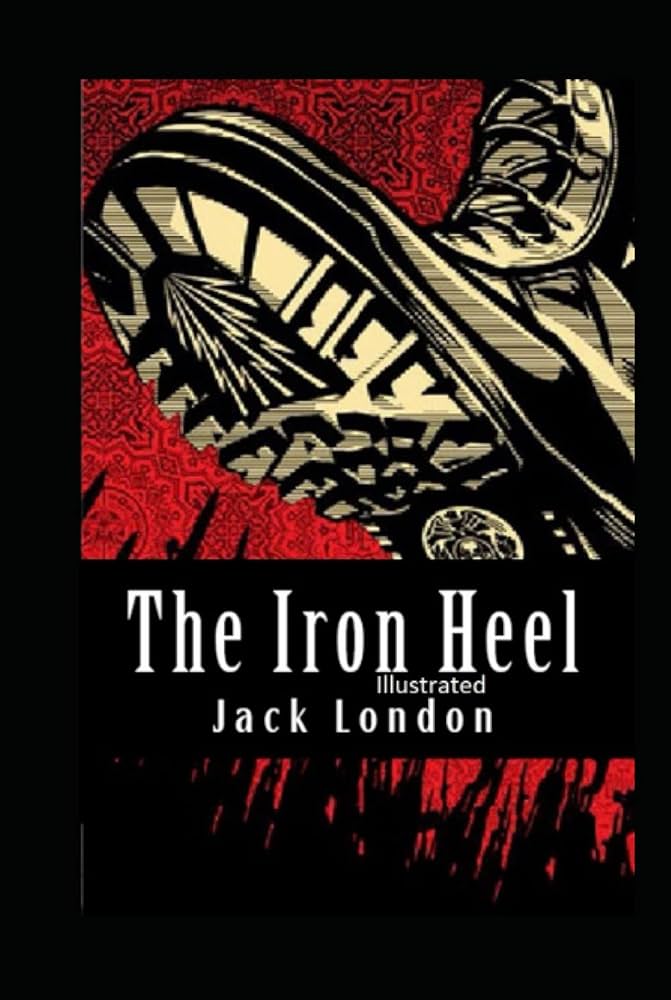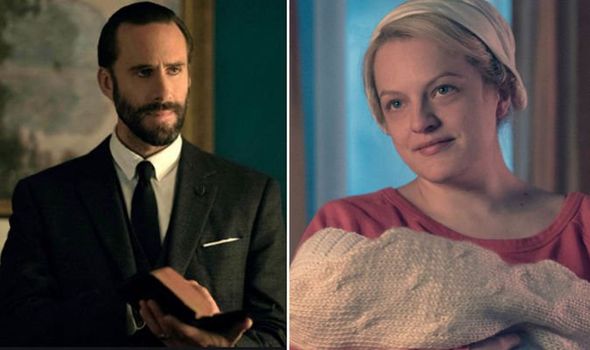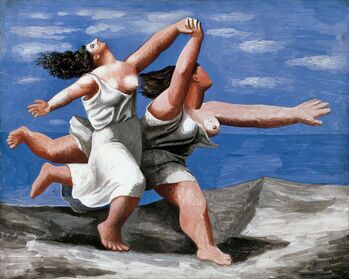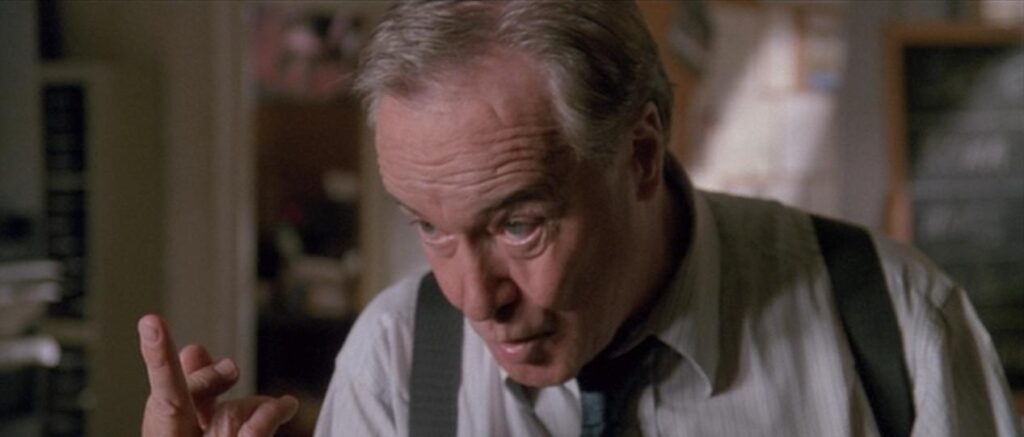Note: If you wish to receive, via e-mail, (1) my weekly newsletter or (2) daily copies of these posts, write to me at rrbates1951@gmail.com. Comments may also be sent to this address. I promise not to share your e-mail with anyone. To unsubscribe, write here as well.
Wednesday
I’m currently teaching at the University of Ljubljana for six weeks and so from time to time will share what is going on in my classes. This also allows me to use the blog for class planning purposes.
Tomorrow I begin teaching a graduate class on Postcolonial Anglophone literature, which is to say, English-language literature produced by the former British colonies. Exempted here is Australian, Irish, Canadian, and American lit (yes, American lit qualifies, even though we broke with Britain almost 250 years ago) because there are special courses devoted to those. Therefore I have been instructed to choose works from south Asia, Africa, and the Caribbean.
I’ve also added one Native American work, Leslie Marmon Silko’s Ceremony, because it is a magnificent example of hybridization—which can happen when two literary traditions clash. More on that in a moment.
Literary issues that arise from studying postcolonial literature include attempts by the colonial power to use literature to frames the colonized in a way that transforms them into a diminished Other—and how the colonized use literature to push back. In the process, the colonized forge new postcolonial identities which, while they may invoke their precolonial past, are something new and different. Or as Salman Rushdie memorably put it, “The empire writes back with a vengeance.”
To get at the process, I will be drawing on some postcolonialist theories, most notably Franz Fanon’s “literature of combat” (I have a chapter on this in my book) and Edward Said’s “orientalism”(which I should have included in my book but embarrassingly forgot). So here’s my syllabus:
Week 1 – The Colonialist Perspective
Literary Texts: Rider Haggard, She (1887); Rudyard Kipling, “The Man Who Would Be King” (1888); Joseph Conrad, The Heart of Darkness (1901)
Theory: Excerpts from Fanon, The Wretched of the Earth (1961) and Said, Orientalism (1978)
She is about a tyrannical queen who lives in the heart of Africa, who appears to be immortal, and who bewitches men with her beauty. She is an instance of how, as Said puts it, the colonial powers exoticized (or in the case of the Middle East, orientalized) those they conquered. The fantasies they had about, say, Turkish harems, had little to do with actual harems but revealed a lot about the Europeans.
The opposite of exoticizing is barbarizing, attraction vs. revulsion. Conrad’s Heart of Darkness engages in both: the Africans are depicted as barbaric savages but there is also a magnificent woman whom ivory-hunter Kurtz finds more attractive than his angelic fiancé back in Europe. But where Haggard sees the journey into the heart of darkness as a thrilling adventure, Conrad sees it exposing Europe’s own emptiness and corruption.
Kipling’s The Man Who Would Be King, meanwhile, starts off as a romp and ends as an unnerving forecast of what America experienced in its Afghanistan incursion. Not for nothing has Afghanistan been called “the graveyard of empires.”
Week II – Nigeria: The Empire Writes Back with a Vengeance
Literary texts: Chinua Achebe, Things Fall Apart (1958); Chimamanda Ngozi Adichie, The Purple Hibiscus (2003)
Theory: Achebe, “An Image of Africa: Racism in Conrad’s Heart of Darkness”
The Nigerian author’s novel Things Fall Apart, one of the continent’s masterpieces, is a living refutation of Conrad’s vision of Africans as dark savages. Achebe then spells it out for us in his essay on Conrad. Adichie, meanwhile, represents the next generation of Nigerians, who are dealing with postcolonial Nigeria.
Week III – The Caribbean: Caught between Two Worlds
Literary texts: Jean Rhys, Wide Sargasso Sea (Dominica, 1966); Jamaica Kincaid, Annie John (Antigua, 1985)
A response to Charlotte Bronte’s Jane Eyre, Sargasso Sea focuses the figure of Rochester’s Creole wife Bertha Mason, who Rhys sees as having gotten a bad deal. Annie John is about a girl growing up in postcolonial Antigua.
Week IV – Laguna Pueblo: Intermixing and Hybridization
Literary text: Leslie Marmon Silko, Ceremony
This spectacular novel grapples with the intermixing of white and Indian culture, along with how each can potentially benefit from the other. Among the beneficiaries is the hybrid novel that Silko writes, which combines traditional Indian storytelling with the novel form.
Week 5 – The Heavy Hand of India’s Past (Colonial and Otherwise)
Literary texts: Salman Rushdie, Midnight’s Children, Arundhati Roy’s The God of Small Things
From different parts of India and different religious perspectives, Rushdie and Roy explore the heritage left behind by the British.
Week 6 – The Center Itself Changes
Literary texts: Hanif Kureishi (Anglo-Pakistan), The Buddha of Suburbia; Zadie Smith, Swing Time (Anglo-Jamaican)
The United Kingdom itself is changing as immigrants move to the island and intermarry. Kureishi has a Pakistani father and English mother, Smith an Afro-Jamaican mother and English father. Mixed race identities becomes a powerful lens through which to explore an increasingly global world.
I’ll report regularly on the course’s progress.
